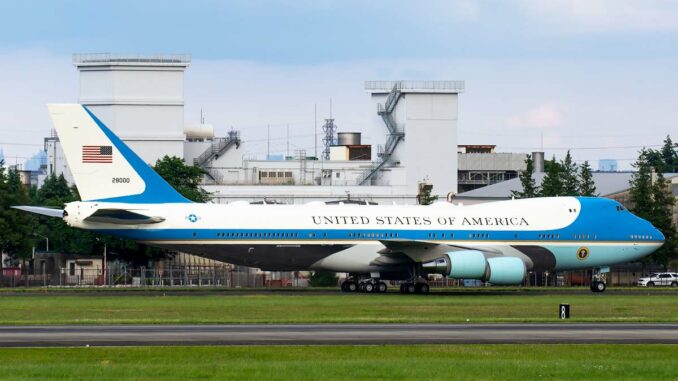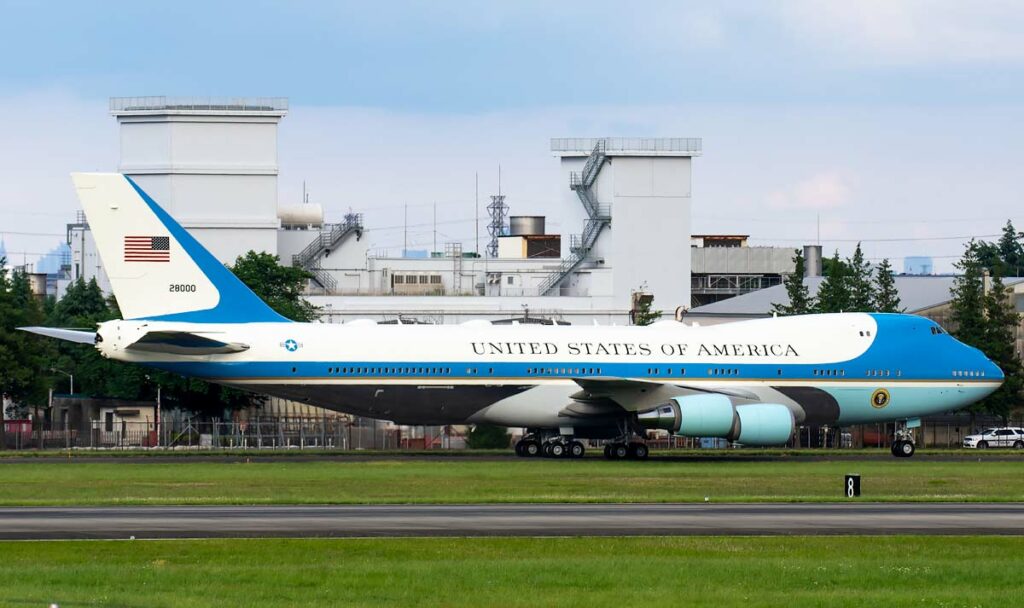
Financial difficulties at Boeing’s Defense, Space & Security division, mainly due to the rising costs of the VC-25B Air Force One program, have resulted in a significant loss of $924 million in the third quarter of 2023. Delays and quality issues on key projects such as the KC-46A Pegasus and VC-25B highlight the challenges facing the company.
Background: a precarious financial situation
The VC-25B Air Force One program, designed to build two new aircraft for the US Air Force, played a central role in Boeing’s financial loss. The $482 million loss attributable to this program weighed heavily on the division’s results. Additional costs stemmed from engineering changes, labor instability and the resolution of negotiations with suppliers. Together with the previously recorded charges, the program now shows a loss of $2.4 billion.
Stagnant sales and mixed outlook
The division’s quarterly sales, at nearly $5.5 billion, were flat year-on-year. Boeing CFO Brian West and CEO Dave Calhoun expressed dissatisfaction with the slow pace of improvement, while remaining optimistic for a turnaround by 2025-2026.
Long-term consequences
Delays and cost overruns on crucial projects such as the VC-25B and KC-46A Pegasus reveal structural problems at Boeing. These difficulties impact not only profitability, but also the company’s reputation, which is essential for securing future contracts. In addition, the company’s cost-cutting strategy, notably through fixed-price contracts, seems to have had counter-productive effects.
Reorganization and turnaround strategies
The arrival of Ted Colbert at the head of the division and the reorganization of Boeing’s business units are attempts to turn things around. However, the question remains: will these changes be sufficient to overcome current and future challenges?
Managing fixed-price contracts is proving problematic, a lesson learned the hard way with the Air Force One program. The search for operational efficiency and better contract practices is now a priority for Boeing.

Consequences for the defense sector
These problems at Boeing, a major player in the defense industry, have repercussions on the US Air Force’s ability to modernize and maintain its fleet. Dependence on a supplier experiencing such difficulties raises questions about the resilience and diversification of defense procurement sources.
For Boeing, the challenge is not only to overcome these financial and operational obstacles, but also to restore trust with its customers and partners. The future of Boeing’s Defense, Space and Security division will depend on its ability to deliver quality projects on time and on budget.
Boeing’s current situation highlights the challenges inherent in managing major defense projects. As the company strives to stabilize and improve its operations, the outcome of these efforts will determine not only Boeing’s financial future, but also its position in the global defense industry. The road ahead is rocky, but the opportunities for turnaround are there. Boeing must now prove its ability to overcome these challenges and reinvent itself in an ever-changing industry.